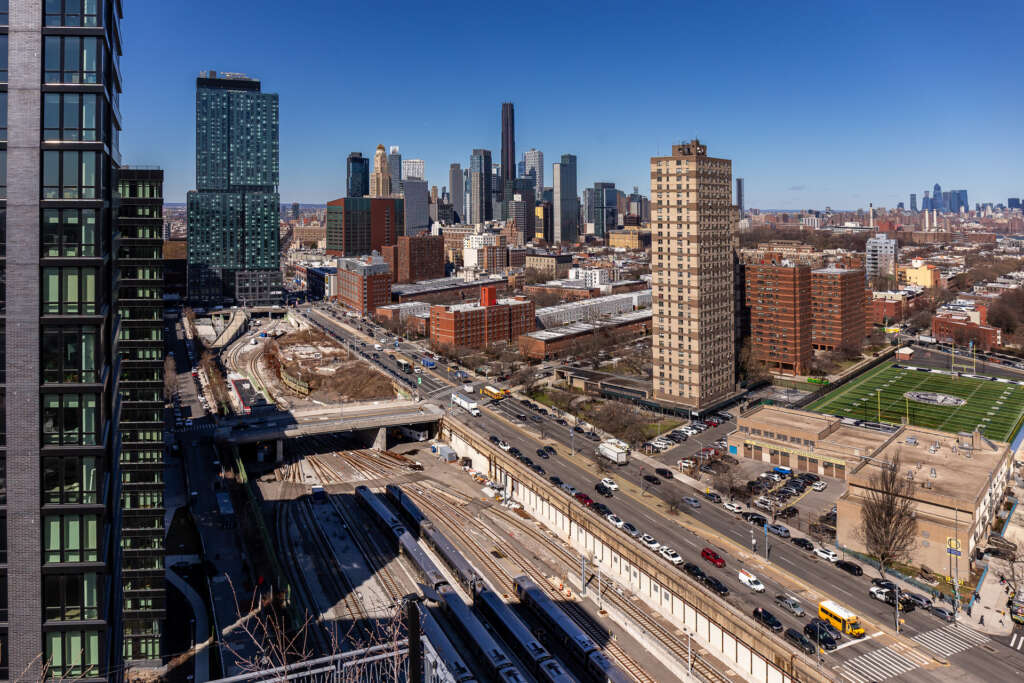fromBrownstoner
3 days agoBay Ridge Studio With Foyer, Four Closets Asks $269K
A buyer can get creative to make the most out of the original 1950s floor plan, which includes a separate kitchen and four closets. This Bay Ridge studio is compact, but it does have the bonus of a roomy foyer, four closets, and a price under $300,000. It is on the first floor of 9425 Shore Road, a postwar building across from Shore Park and Parkway.
NYC real estate



